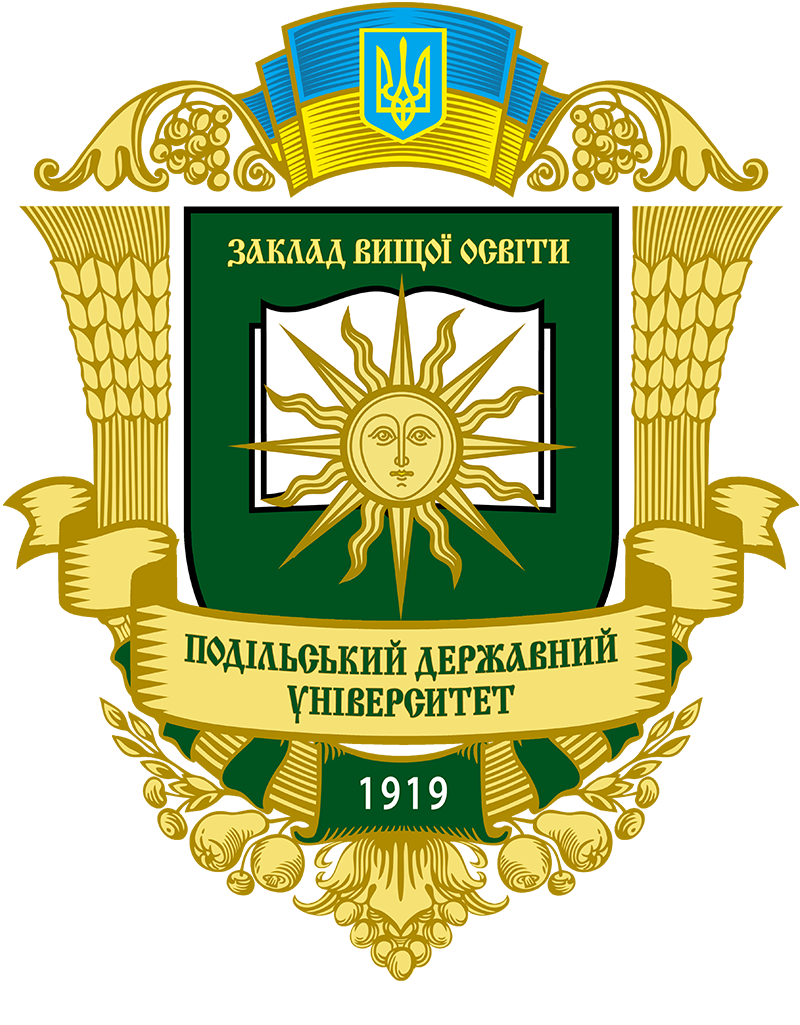MODERN ASPECTS OF TRAINING OF VETERINARY MEDICINE SPECIALISTS IN THE SECTION OF INNOVATIVE APPROACHES OF THE PEDAGOGICAL EDUCATION SYSTEM
DOI:
https://doi.org/10.37406/2521-6449/2024-1-3Keywords:
pedagogy, education, veterinary medicine, IT technologiesAbstract
The article provides an analysis of modern innovative approaches of the pedagogical education system in terms of the information and educational environment, which improve its quality and, accordingly, the very process of training future specialists in veterinary medicine, among which the integration approach, which ensures completeness, integrity, mobility and variability, occupies a prominent place content of pedagogical education. It is the integration of the content of natural-scientific and professional-practical training of future specialists, which is determined by the specifics of his activity, that will provide an opportunity to increase the level of readiness of university graduates for future activities. Acquisition of vital competences by students of higher education in the field of “Veterinary Medicine” training provides them with the opportunity to navigate in modern society, the information space, the rapidly developing labor market, and further education. The use of problem-based, interactive learning methods is the first step to the formation of interest in independent learning of new things, if this interest is constantly reinforced by appropriate tasks and activities. Competence-oriented approach to the formation of the content of education has become a new conceptual guideline for schools abroad and generates many discussions both at the international and national levels of different countries. Electronic IT training, at first glance, seems effective and economical, but it can easily lead to the opposite results, if the local peculiarities of mentality and culture are not taken into account in the training process. The most promising way to use IT in the training of veterinarians is to create a mixed learning environment where the course leader has sufficient didactic skills and the required level of IT competence. It has been studied that modern technologies and telecommunications change the nature of the educational process, allowing students to fully immerse themselves in the information and educational environment, increasing the quality of education and motivating the process of information awareness and knowledge acquisition.
References
Антонова О. Є., Маслак Л. П. Професійна педагогічна освіта: компетентнісний підхід : монографія / за ред. О. А. Дубасенюк. Житомир : Вид-во ЖДУ ім. І. Франка, 2011. C 81–109.
Білик Н. І. Канали реалізації дисемінаційної мережі шкіл новаторства України. Knowledge is power, power is knowledge : sientific and practical edition, Vienna, Austria, 27 July 2015. Publishing Center of The International Scientifi c Association “Science & Genesis”. Prague, Czech Republic, 2015. P. 110–119. URL: http://poippo.pl.ua/images/FILES/pidrozdily/kafedra_pedmaisternosti/biblioteka/Bilyk/2015/BILYK-2015-3.pdf
Степаненко І. Інтернаціоналізація вищої освіти в Україні : методичні рекомендації. Київ : ІВО НАПН України, 2016. 158 с.
Курлянд З. Н. Професійно-креативне середовище ВНЗ – передумова підвищення якості підготовки майбутніх фахівців вузу. Вісн. Черкас. ун-ту. Сер. Пед. науки. 2009. 78 с.
Кучеренко Н. Дистанційне навчання як виклик сучасної університетської освіти: філософсько-правовий вимір. Вісник Національного університету «Львівська політехніка». Серія: Юридичні науки. 2018. Вип. 20. С. 34–40.
Ліщук С.Г. Особливості інтеграції природничо-наукової й професійно-практичної підготовки магістрів ветеринарної медицини, як передумова професійно-креативного середовища ЗВО. Мат. Міжнар. наук.-практ. конф. (Wyższa Skoła Agrobiznesu w Łomzy, Polska). 2022. С. 47–51. URL: http://188.190.33.55:7980/jspui/handle/123456789/10732
Павлюк Р. О. Креативність як складова частина професійної підготовки майбутніх учителів вузу. Креативна педагогіка. Наук. метод. зб. Вінниця, 2011. Вип. 4. С. 44–52.
Романчук О. Теоретичні засади та практичні аспекти реалізації компетентнісного підходу у вищих технічних закладах освіти. Науковий вісник мну імені В. О. Сухомлинського. Педагогічні науки. 2018. Т. 2. № 3 (62). С. 263–267.
Сегеда Н. А. Зміст креативно-акмеологічного підходу до вивчення феномену професійного зростання викладача вищої школи. Педагогіка, психологія та медико-біологічні проблеми фізичного виховання і спорту. 2009. № 4. С. 106–110.
Makinen K., Alamaki A. Digital Competence Development As Strategic Learning: A Case of Business System Implementation with Digital Competence Development. IFIP Advances in Information and Communication Technology. 2005. № 167. P. 155–162.








